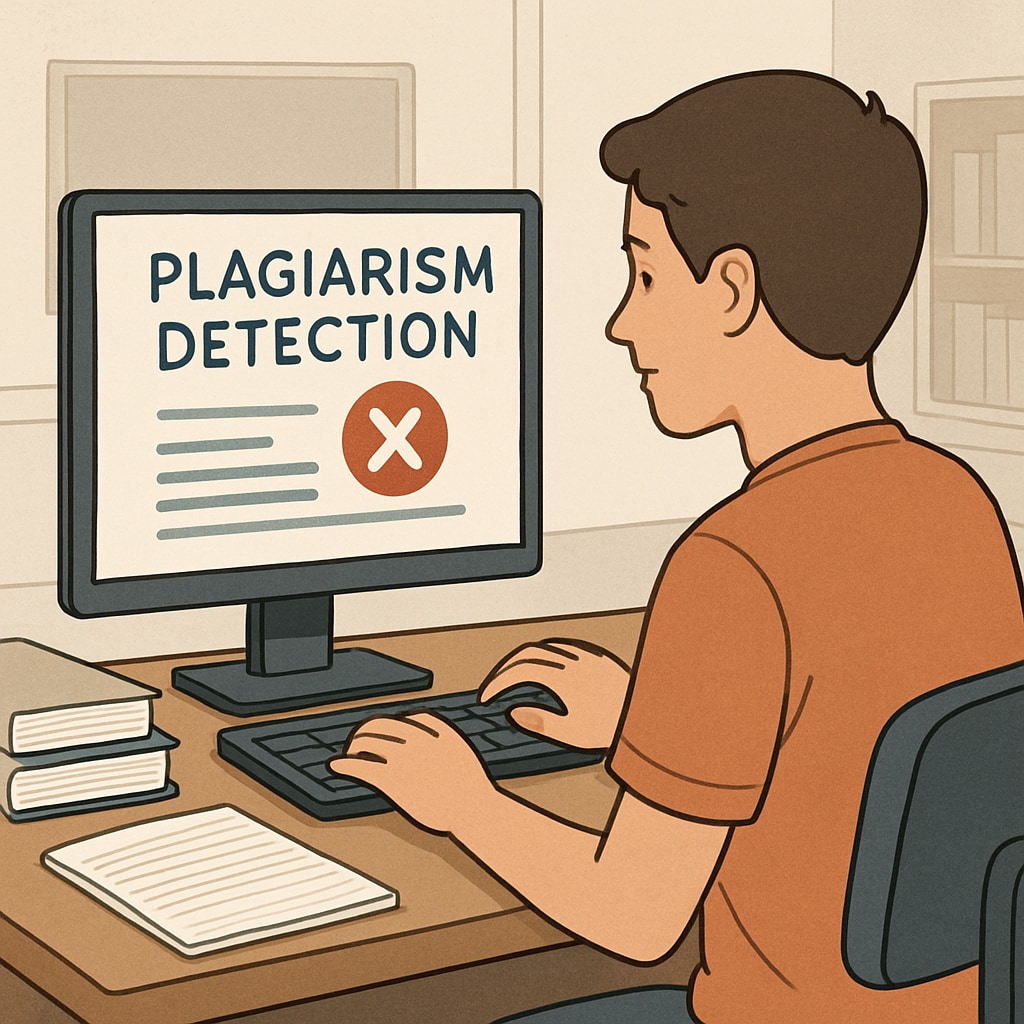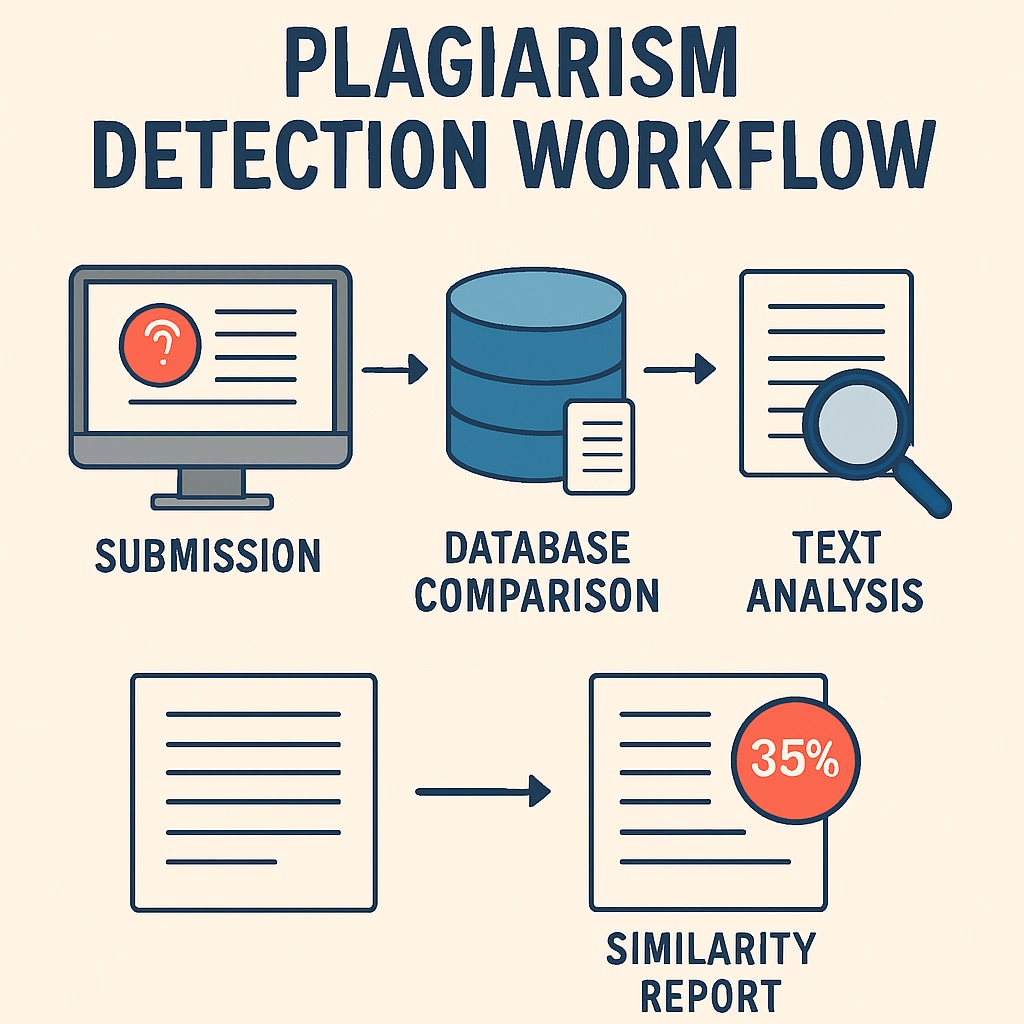The rise of essay writing services, such as Essay Pro, has introduced significant challenges in maintaining academic integrity. While plagiarism detection tools like Turnitin play a critical role in identifying copied content, their limitations highlight the need for a more comprehensive approach. This article explores the growing trend of essay outsourcing, the functionality and constraints of plagiarism detection systems, and the importance of fostering a learning-focused education environment.

Understanding the Rise of Essay Writing Services
Essay writing services have grown into a multi-million-dollar industry, with platforms like Essay Pro offering tailored academic assignments for students at all levels. The reasons students turn to these services vary, including time constraints, pressure to achieve high grades, and a lack of confidence in their writing skills. However, the ethical implications are significant, as these services undermine the value of education and the effort required to learn.
According to a Wikipedia article on contract cheating, this phenomenon has been on the rise globally, with students often unaware of the long-term consequences of submitting work they did not create. Institutions are increasingly relying on plagiarism detection tools to curb this practice, but these technologies are not foolproof.
How Plagiarism Detection Tools Like Turnitin Work
Turnitin, one of the most widely used plagiarism detection tools, operates by comparing submitted work against a vast database of academic papers, online content, and previously submitted assignments. The system generates a similarity report, highlighting potential matches and providing an overall similarity percentage.
While Turnitin is effective in identifying direct copying and text-based similarities, it has its limitations. For example:
- It may struggle to detect paraphrased content or ideas rewritten in a different structure.
- It cannot identify work sourced from exclusive or private databases, such as those maintained by certain essay writing services.
- The system’s reliance on text-based analysis excludes other forms of academic dishonesty, such as data fabrication.
As a result, while tools like Turnitin are valuable, they cannot entirely replace human judgment and critical thinking in assessing academic work.

The Ongoing Battle Between Essay Services and Detection Systems
Essay writing services continue to evolve, employing strategies to evade plagiarism detection systems. Some common tactics include:
- Producing custom-written essays that are unique to each client.
- Using advanced paraphrasing tools to rephrase existing content.
- Providing pre-written essays from databases inaccessible to detection tools.
In this ongoing battle, plagiarism detection tools are constantly updated to keep pace, but the dynamic nature of essay outsourcing makes complete prevention nearly impossible. Institutions must therefore adopt a multi-faceted approach to academic integrity.
Shifting Focus: Learning Over Grades
To address the root cause of academic dishonesty, the education system must shift its focus from grades to the learning process. Educators, parents, and policymakers all play a role in creating an environment where students feel supported in their academic journey. Some steps to achieve this include:
- Encouraging formative assessments that emphasize progress over perfection.
- Providing resources to help students develop essential skills, such as time management and academic writing.
- Fostering open communication about the importance of integrity and the consequences of dishonesty.
Furthermore, institutions should combine technology with human oversight to ensure a more holistic evaluation of student work. This approach can help mitigate the risks posed by essay writing services while reinforcing the value of authentic learning.
In conclusion, academic integrity is at a crossroads, with essay writing services and plagiarism detection tools locked in a continuous tug-of-war. By recognizing the limitations of technology and addressing the underlying issues driving students to seek shortcuts, we can foster an education system that values learning over grades. Only then can we truly uphold the principles of honesty and integrity in academia.


